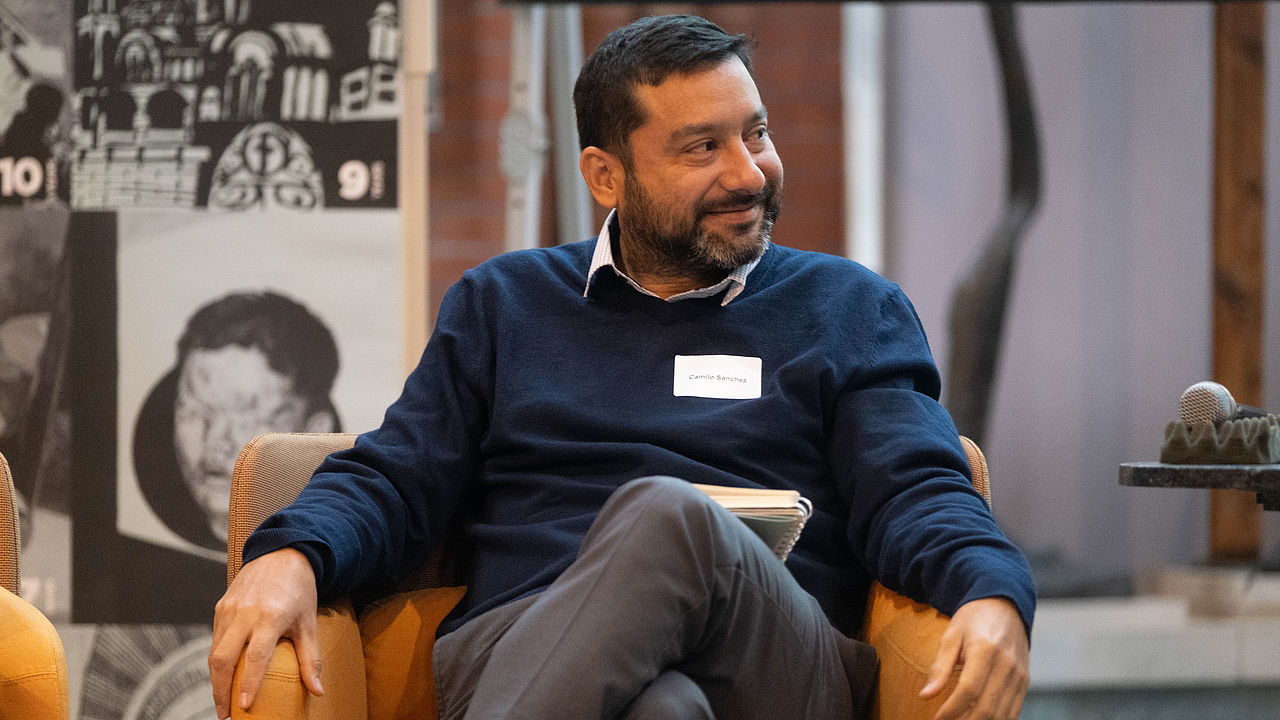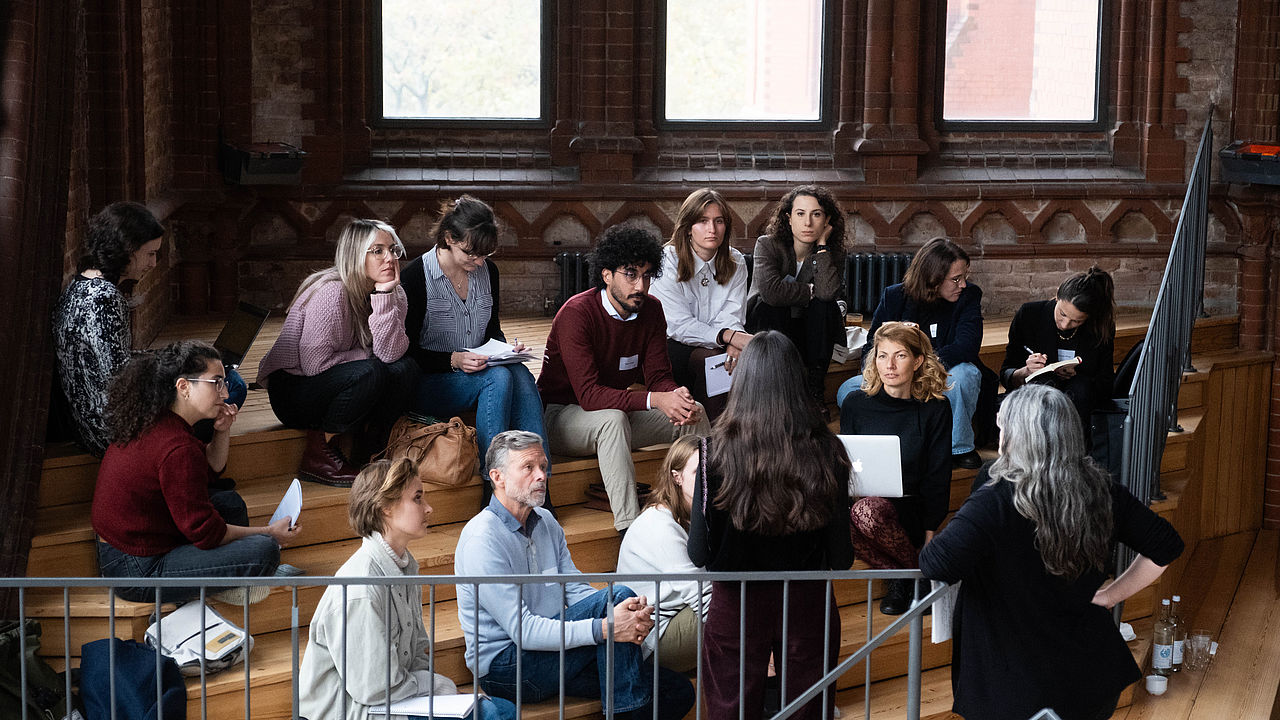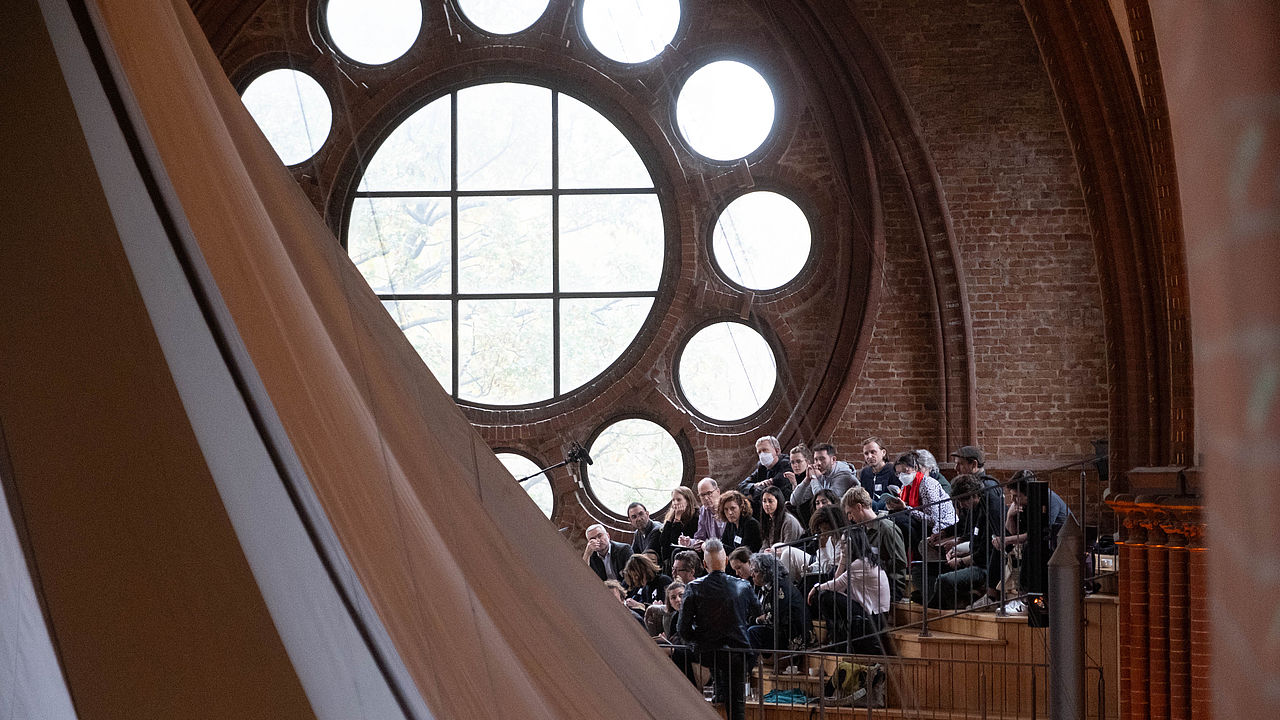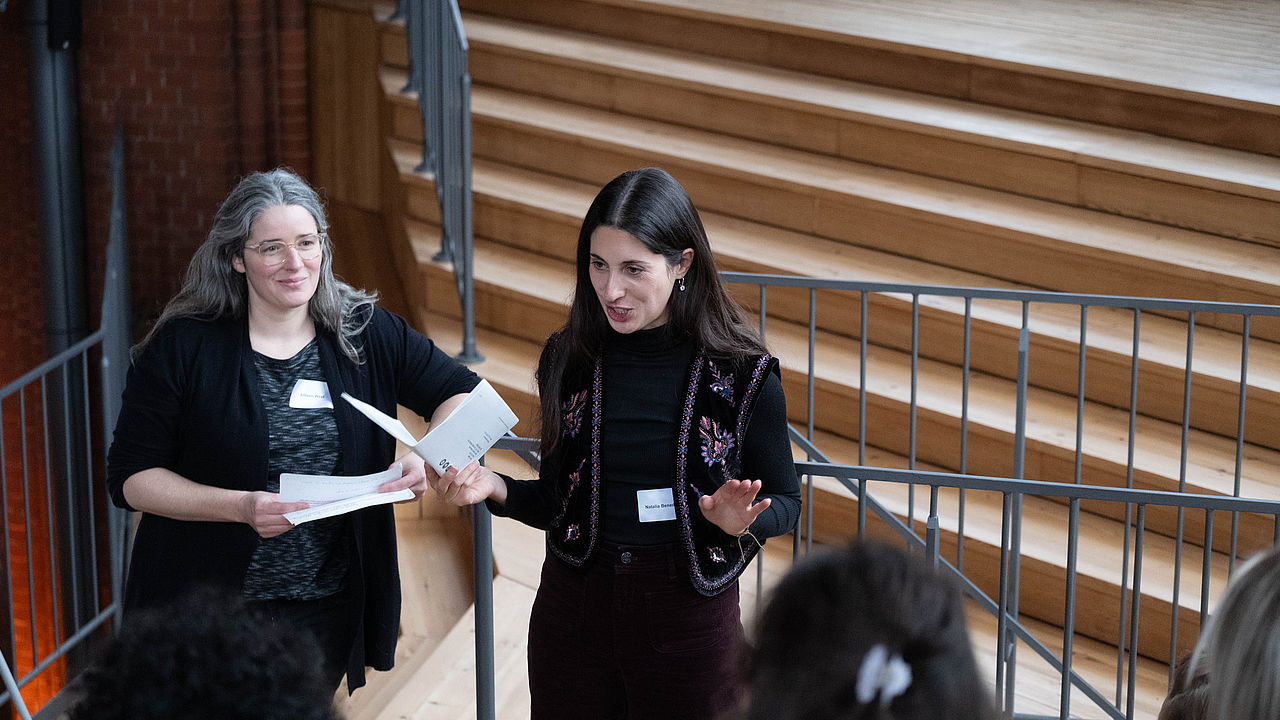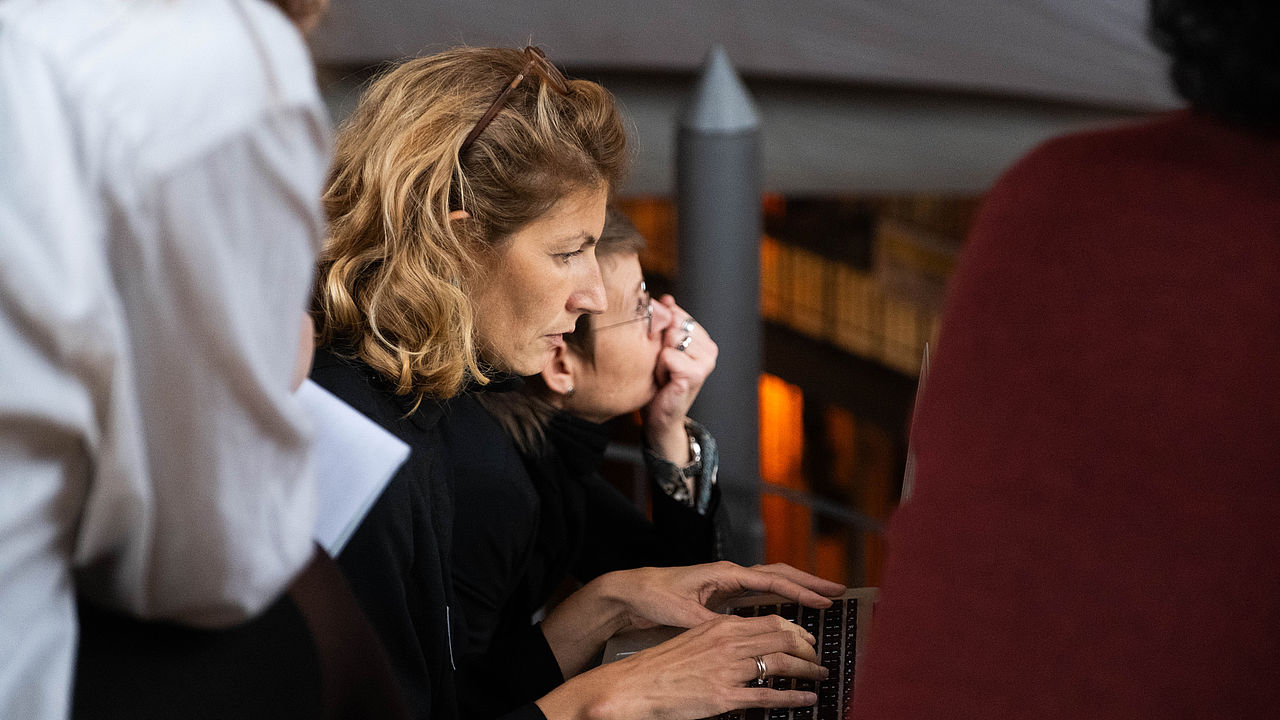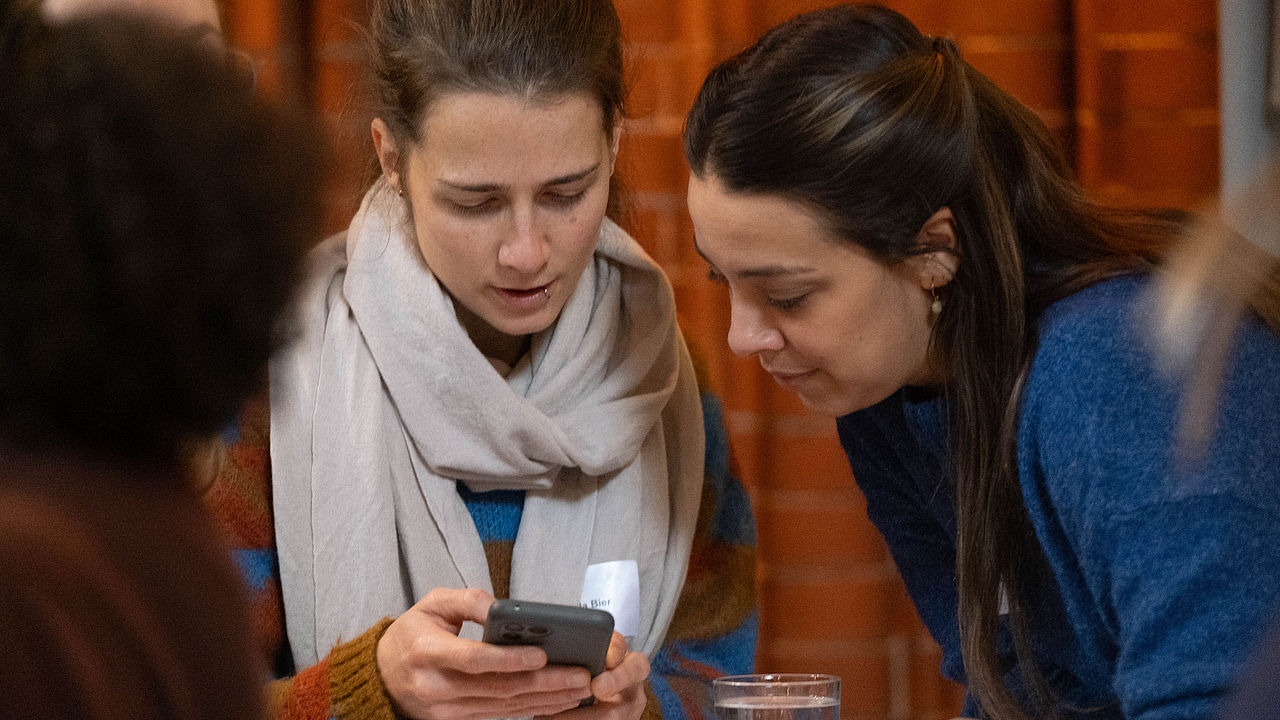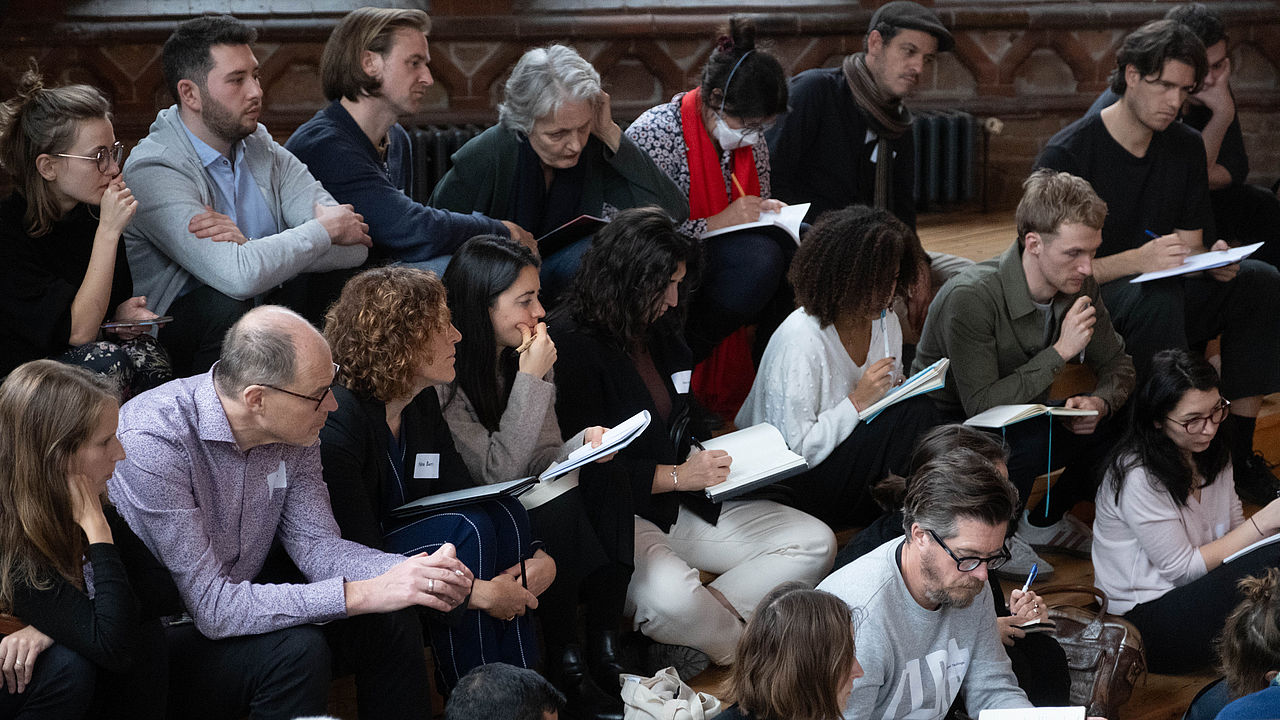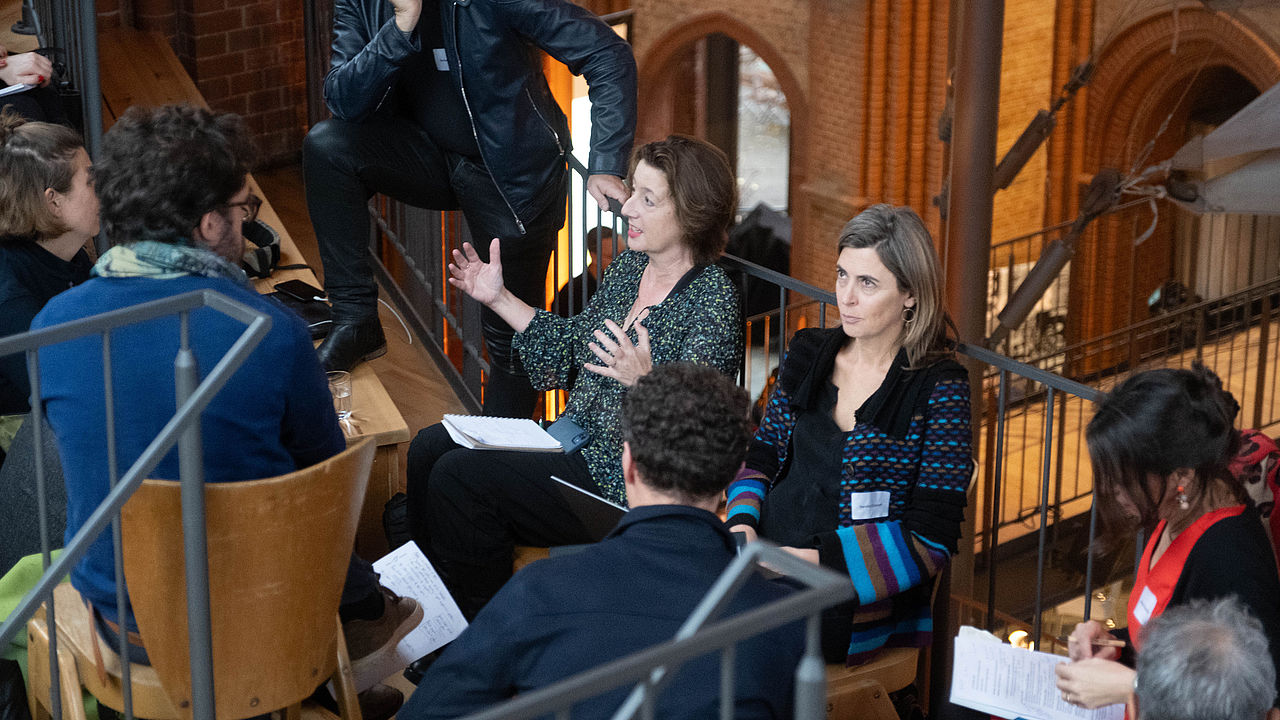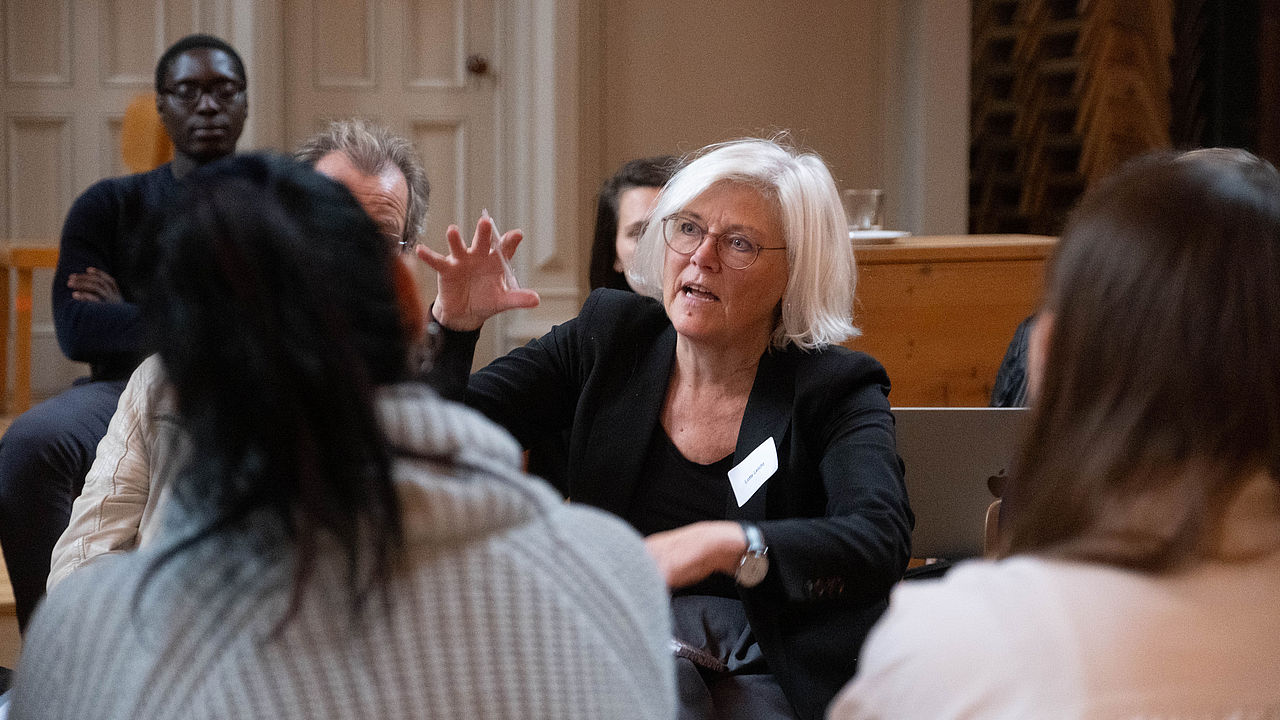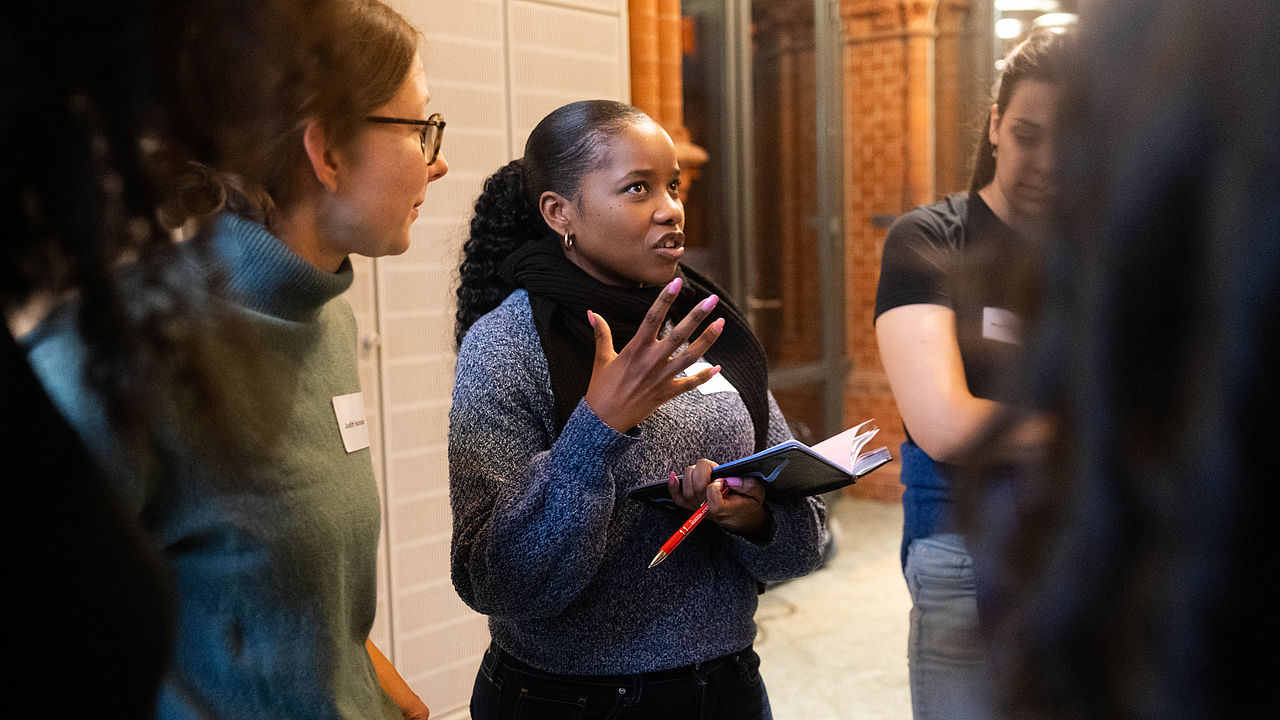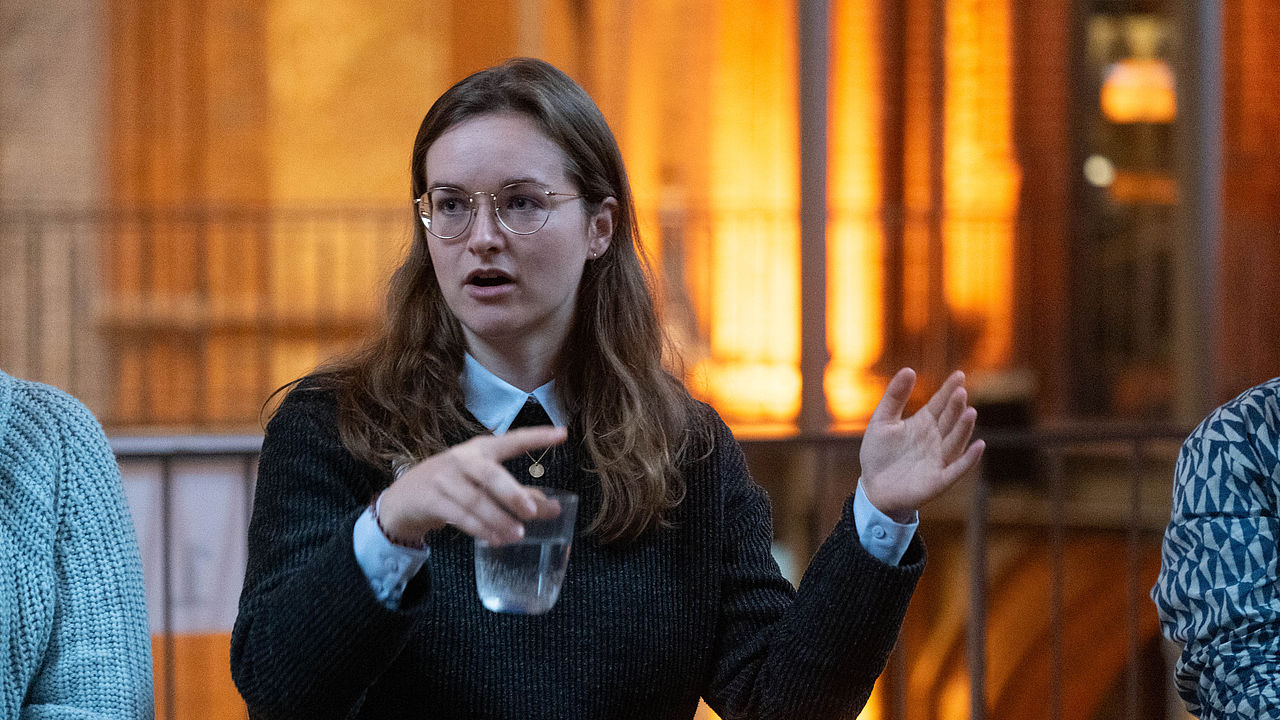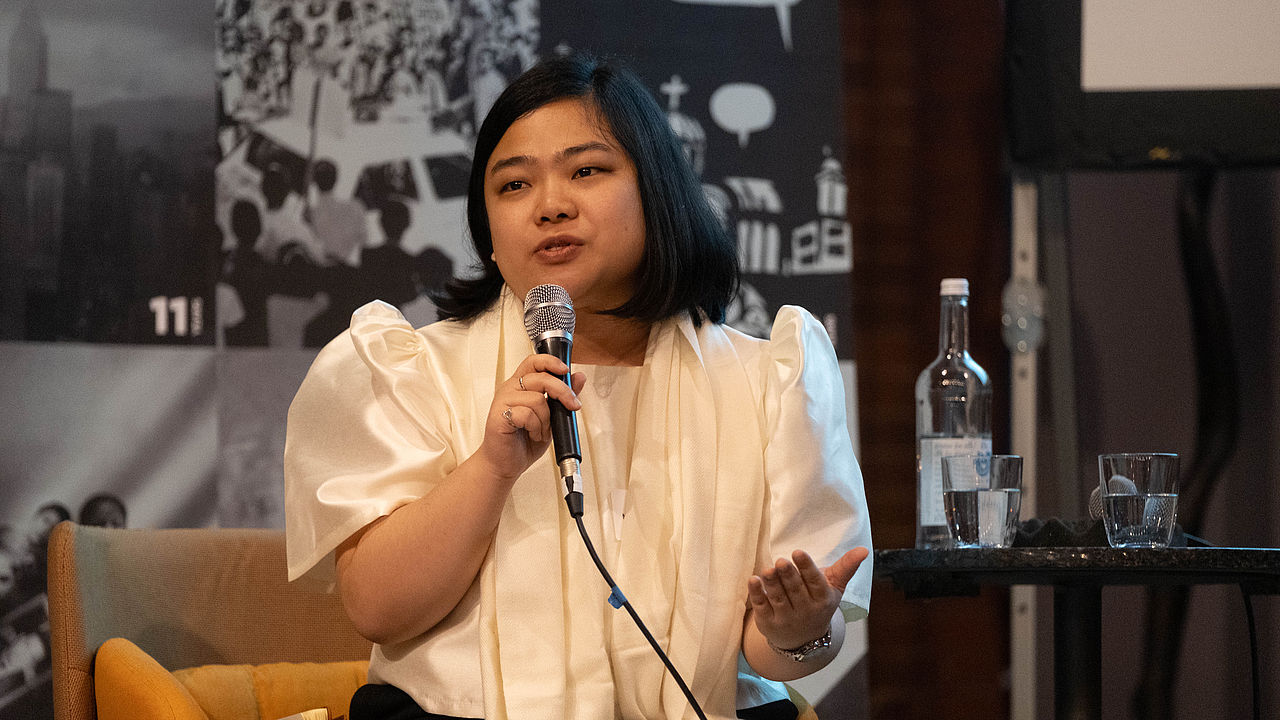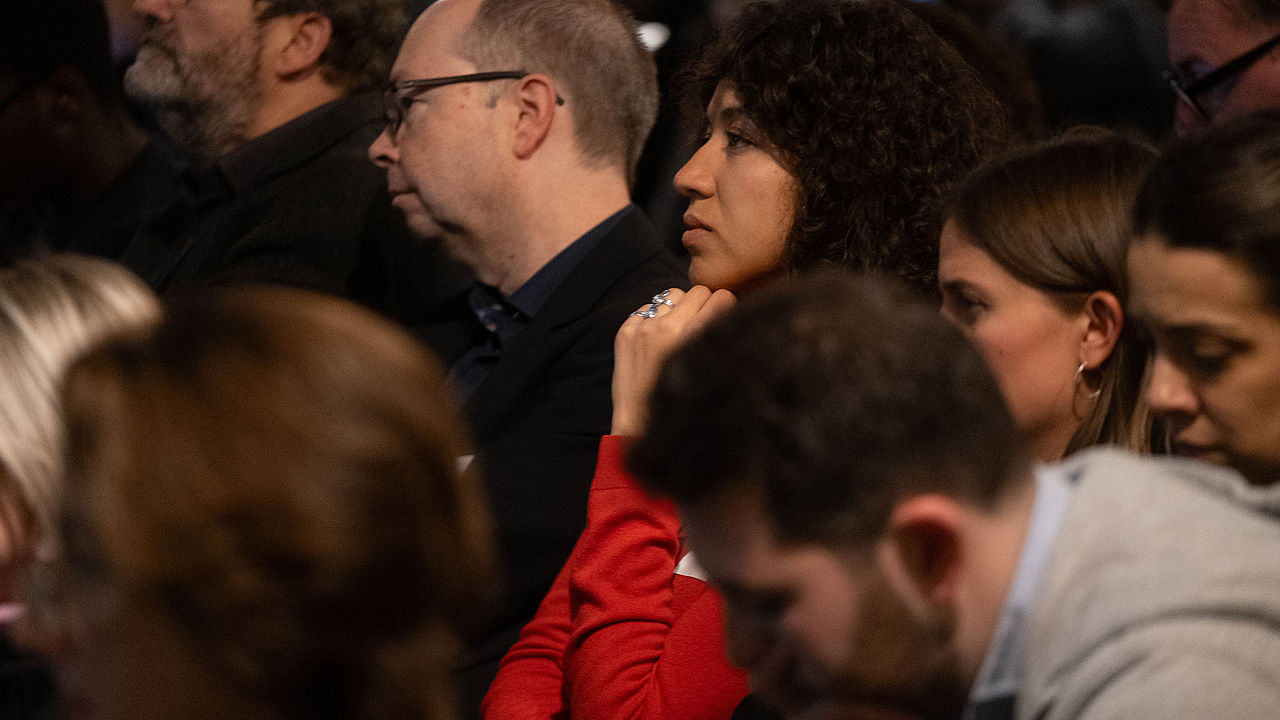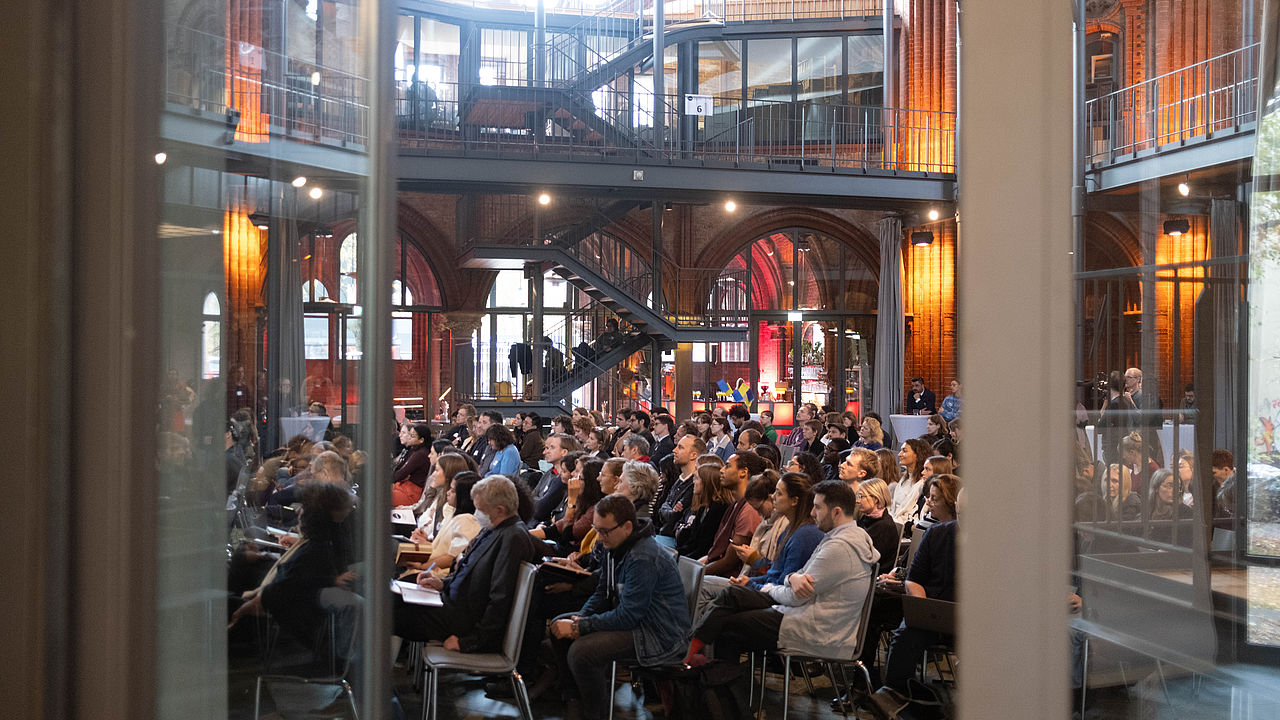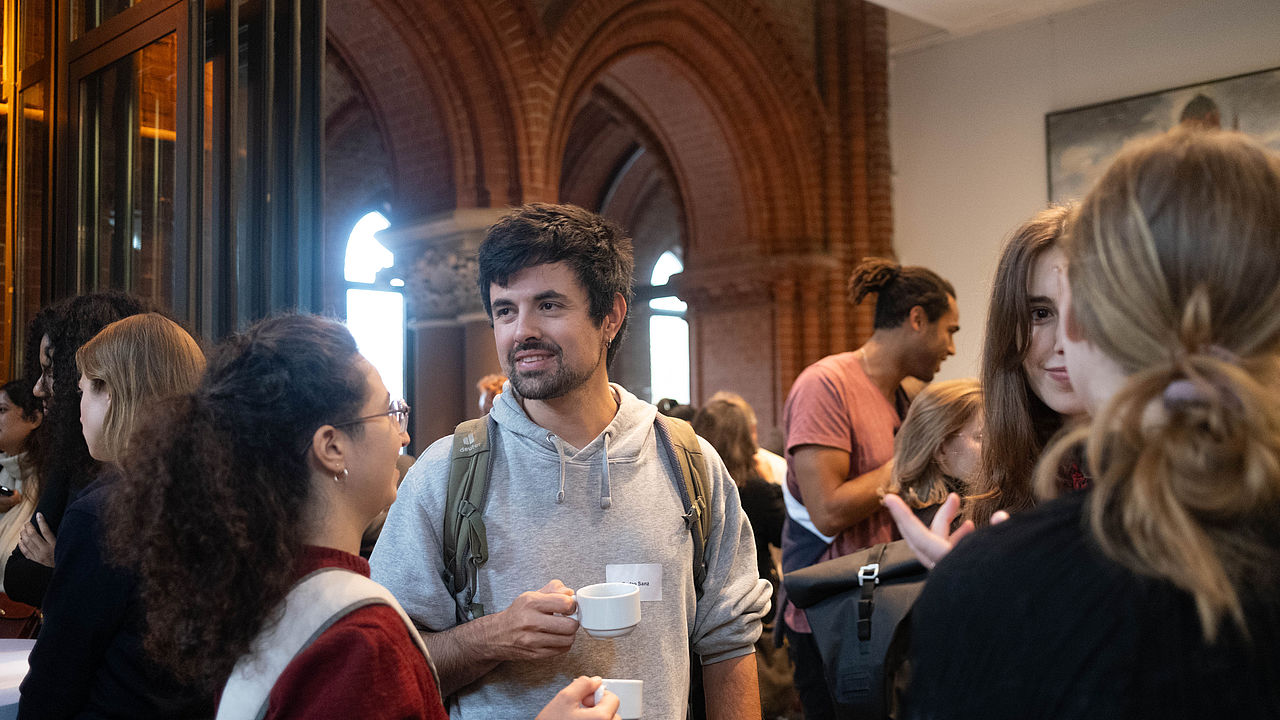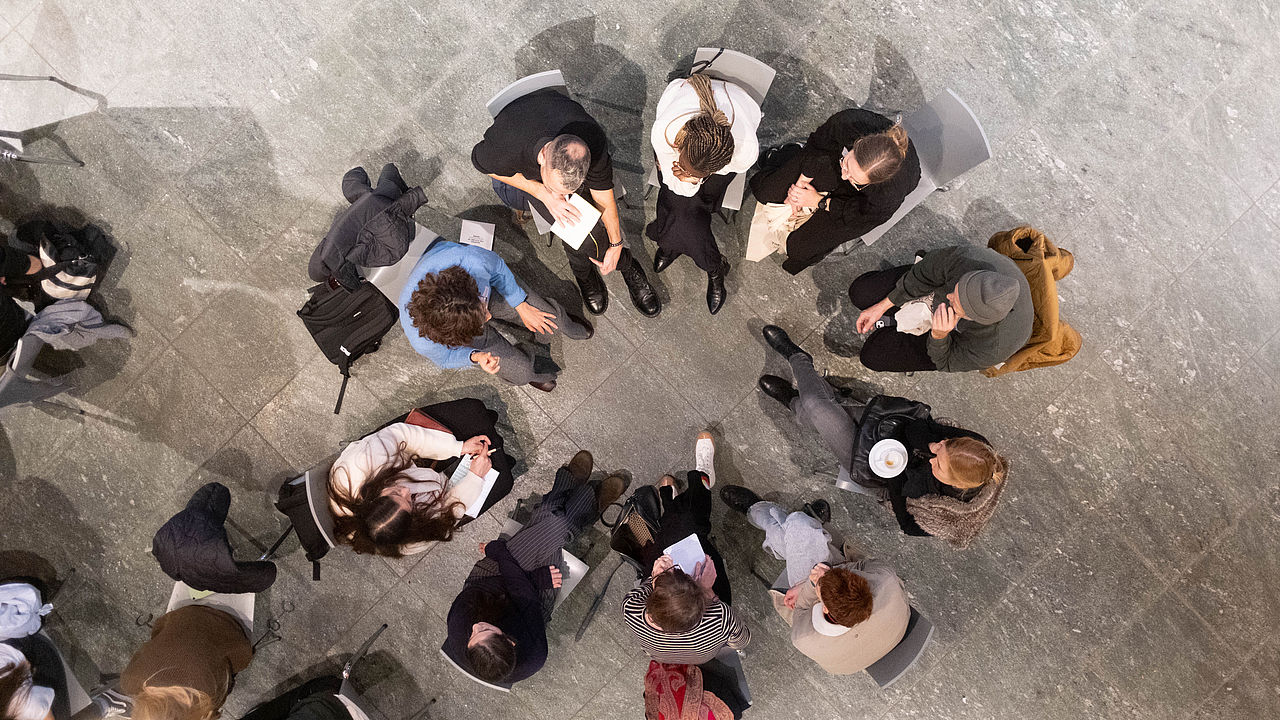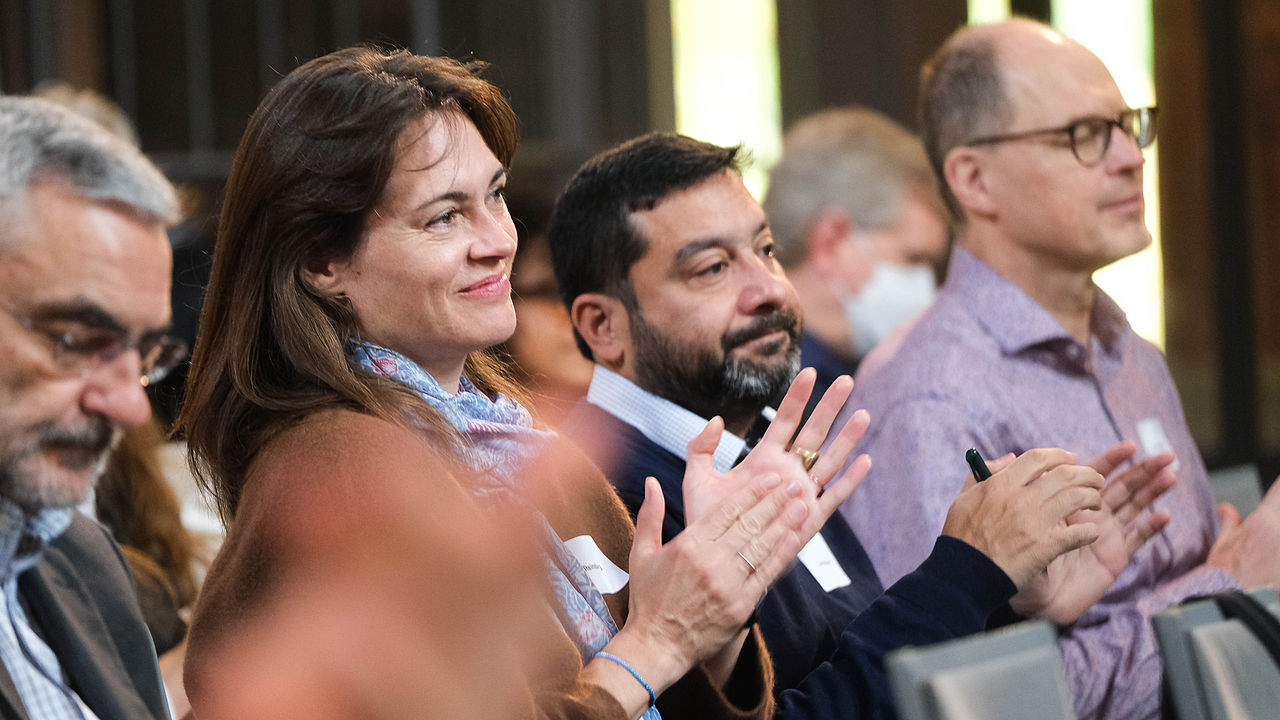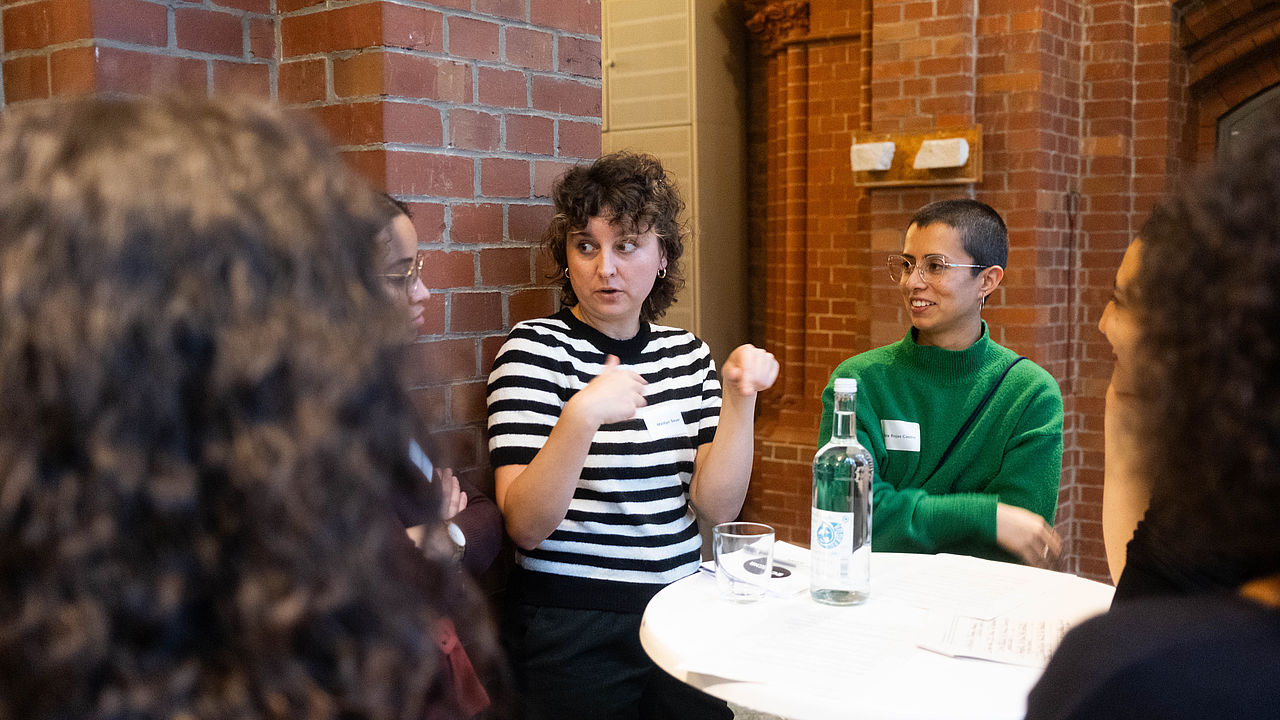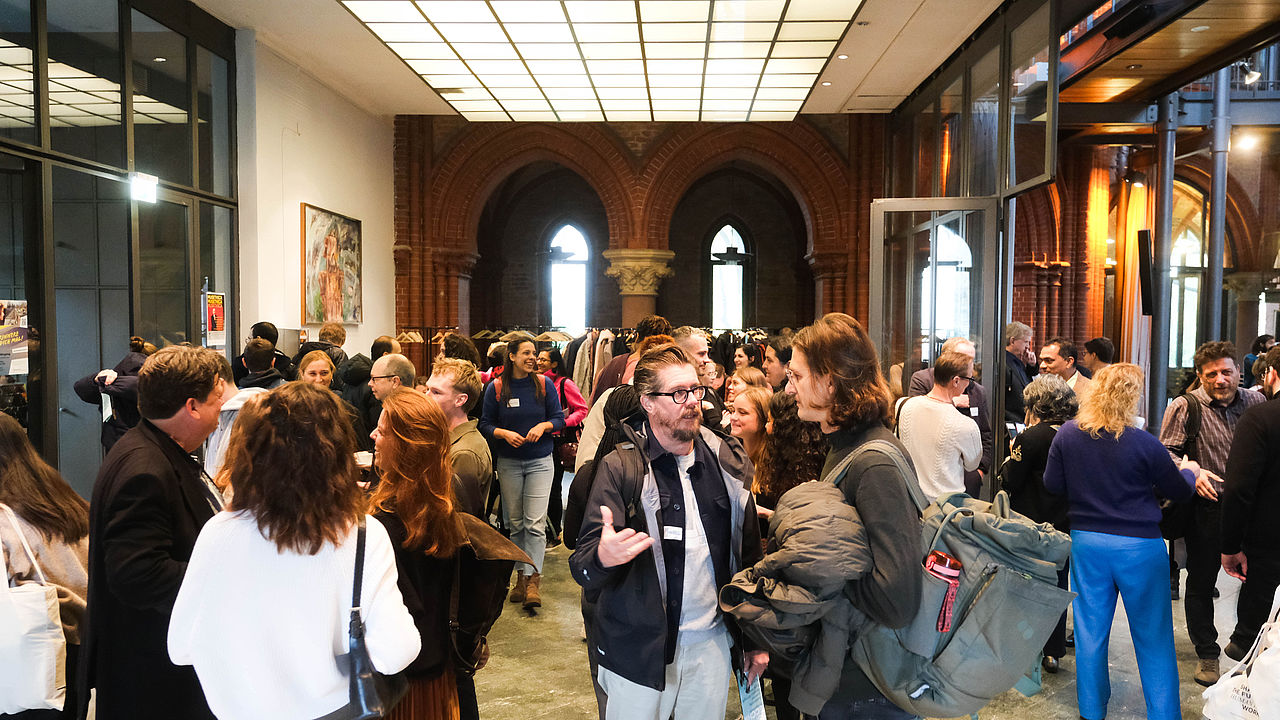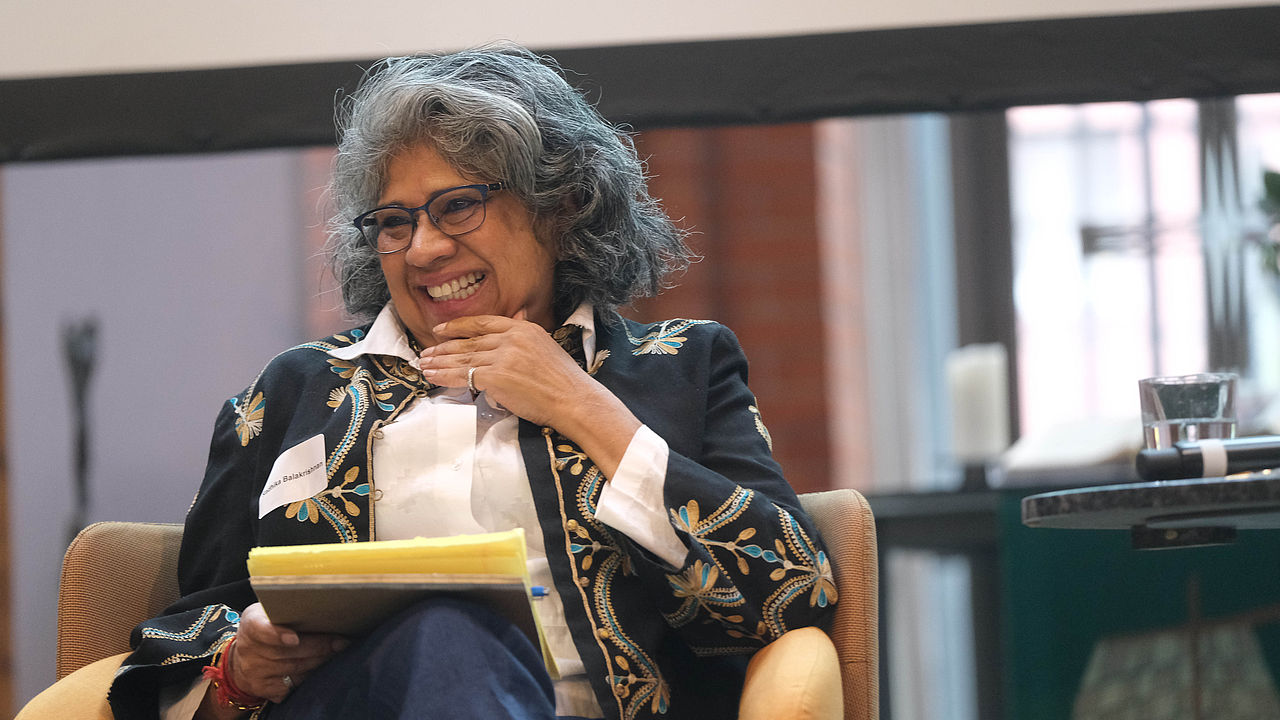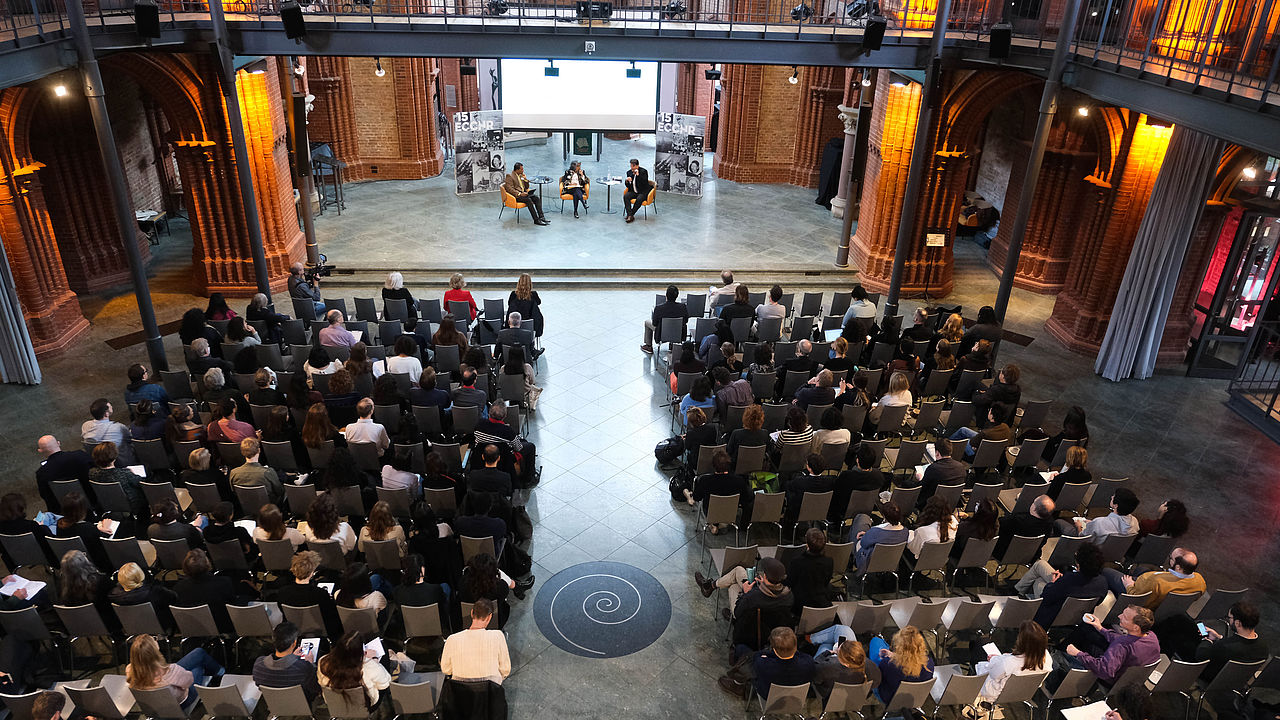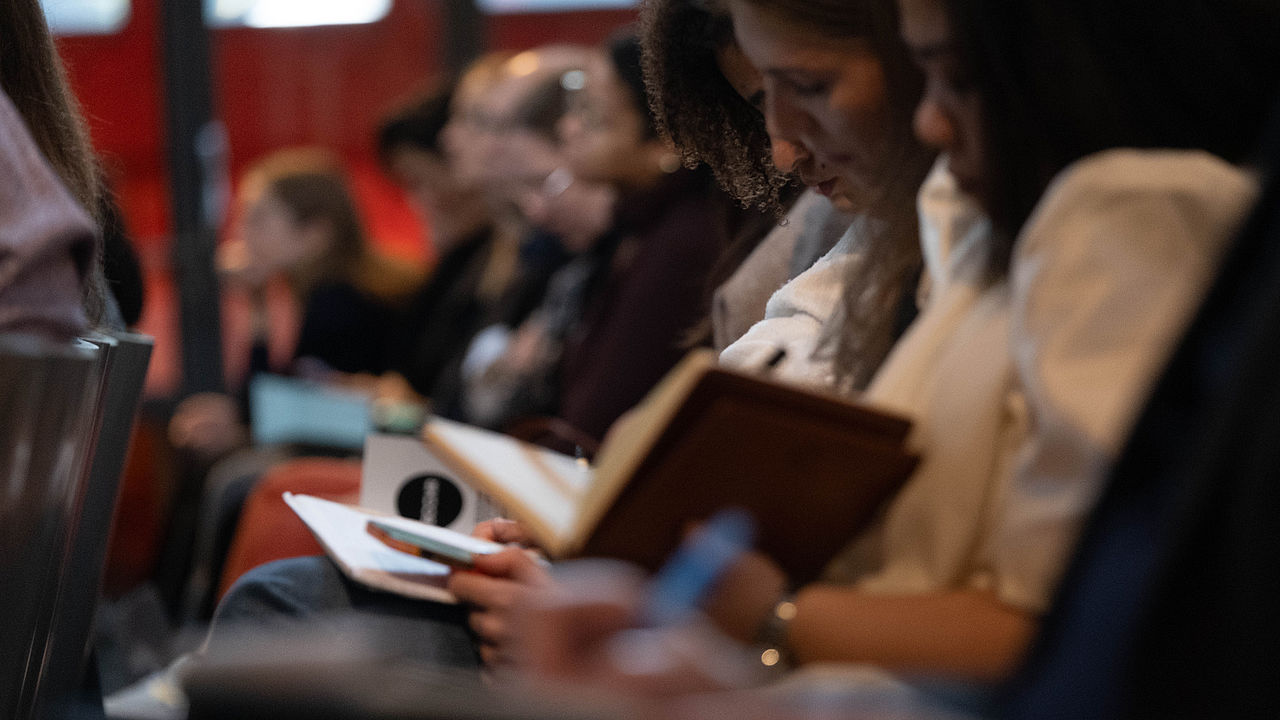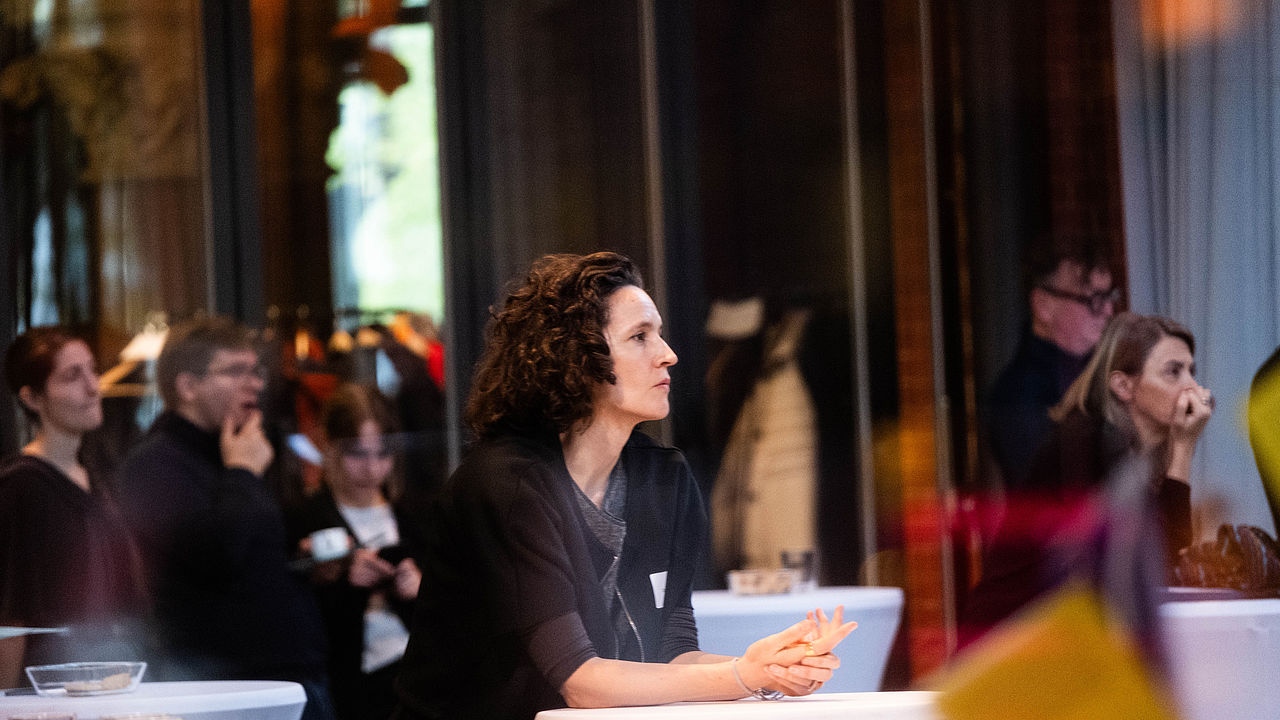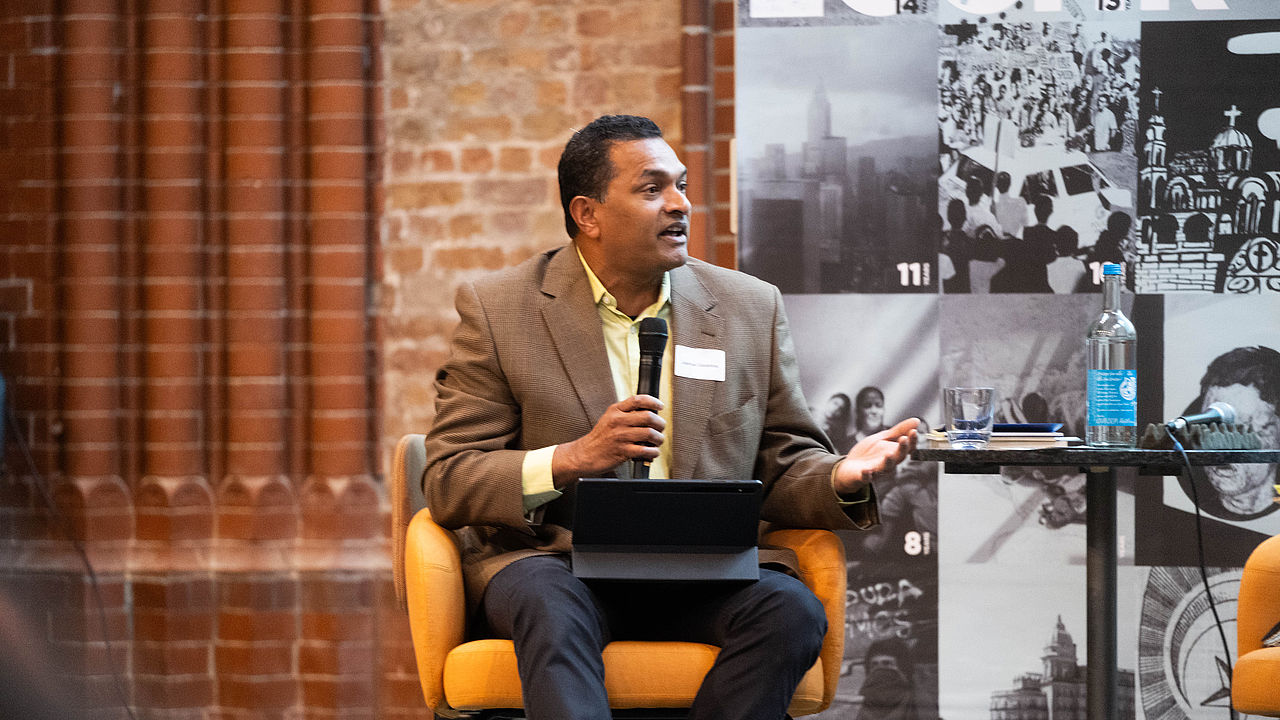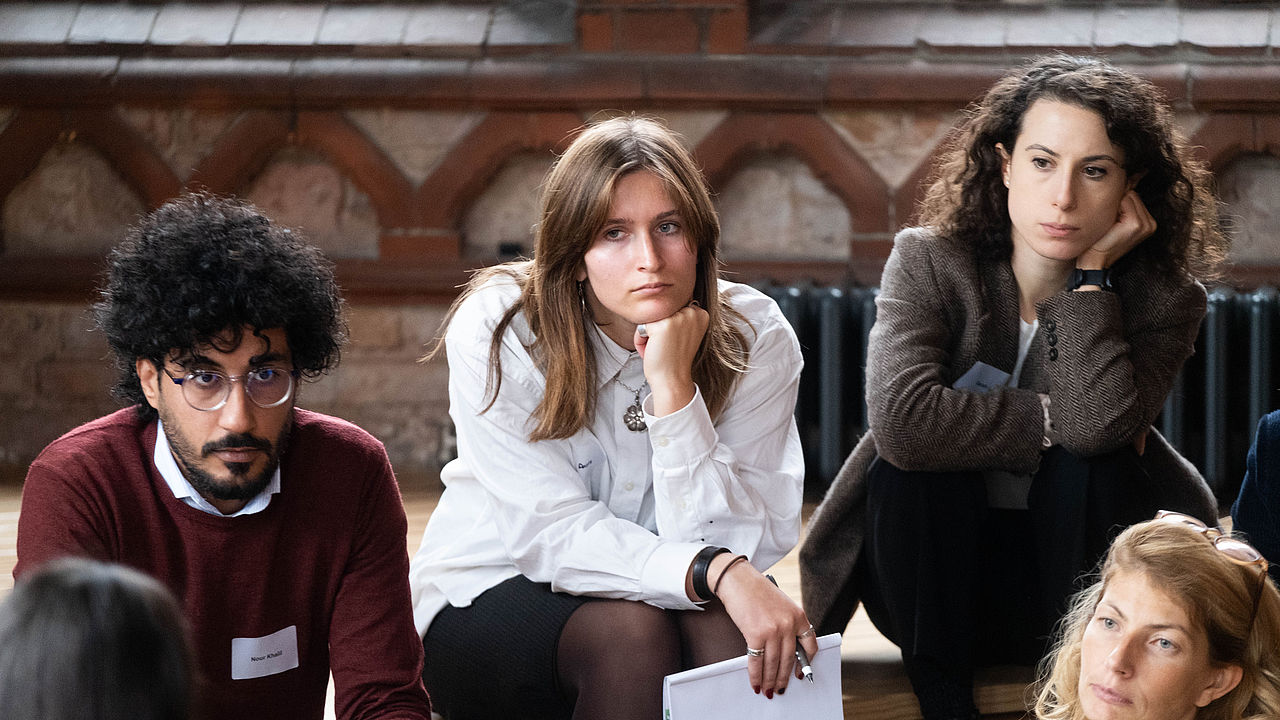For questions concerning the applications please contact: application[at]ecchr.eu
The Critical Legal Training offers:
- Legal and factual research and casework in one of our four specialist programs – International Crimes and Accountability, Border Justice, Business and Human Rights and the Institute for Legal Intervention – as well as in media and communication
- Integration into our day-to-day work, including project-related communication and administration (e.g. writing position papers and/or preparing short translations, co-organization of events)
- Individual supervision by experienced lawyers
- Teamwork and weekly round-table discussions with trainers and other program participants
- Regular internal ECCHR Lunch Talks with internationally renowned human rights defenders
- Cultural events, e.g. Human Rights Cinema
Requirements for Partcipants:
Education: Applicants should be in an advanced stage of their education (at least the advanced stages of undergraduate studies, but ideally graduate studies or professional legal training, i.e. Referendariat) and should have above-average qualifications in law or another relevant field. For those who have already completed their education and training, we can only consider these applications when they are in conjunction with a recognized scholarship.
Note: Unfortunately, we are unable to offer internships to high school students, high school graduates, or undergraduate students during the initial stages of their studies.
Note for German legal trainees: It is possible to do an internship at ECCHR within the framework of the legal traineeship (Rechtsreferendariat).
Duration: Three months – or longer, where the education regulations allow or when you are awarded our scholarship; ideally full time.
Please note: We regret that we cannot offer internships to school students or school graduates.
Language skills: Strong English skills are required; a good knowledge of German is desirable but not obligatory; competency in other languages (e.g. Spanish, Arabic, Russian and French – depending on current projects) is a bonus.
Expertise: All applicants should have a fundamental understanding of human rights and ideally should have previous experience in the NGO sector. They should also have program-specific background knowledge:
Business and Human Rights: Sound knowledge of the international debate on business and human rights and lawsuits taken against corporations on a national level. Background knowledge of climate justice and corporate accountability is a plus.
International Crimes and Accountability: Excellent understanding of international criminal law (incl. extraterritorial cases before national courts) as well as the current legal and political debates on international criminal jurisdiction. Background knowledge of sexualized violence in international criminal law is a plus.
Border Justice: Good knowledge of European and public international law as well as the relevant fundamentals of refugee law, ideally also practical experience in migration law or refugee protection.
Institute for Legal Intervention: Very good knowledge of critical theories of international law and international human rights, e.g. in the areas of intersectionality, postcolonial, Marxist, feminist theory; or interest/practical experience on the role and impact of art and activism in advancing human rights.

